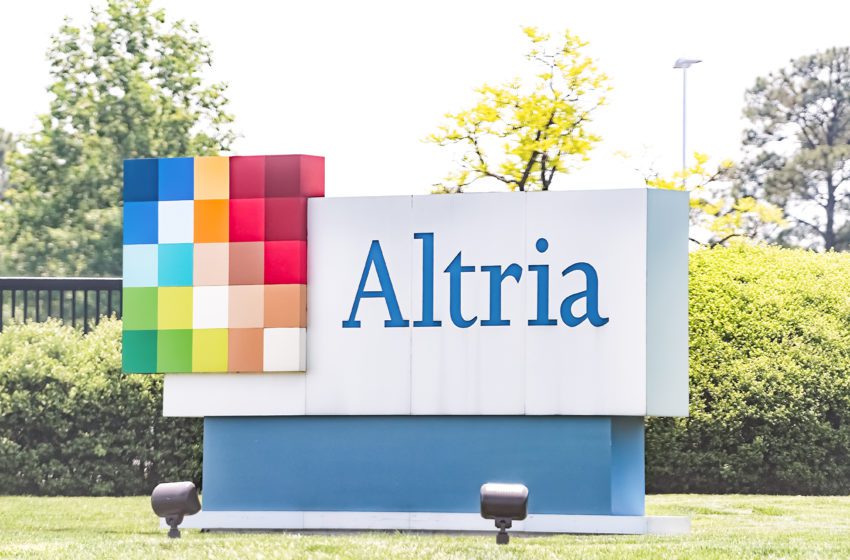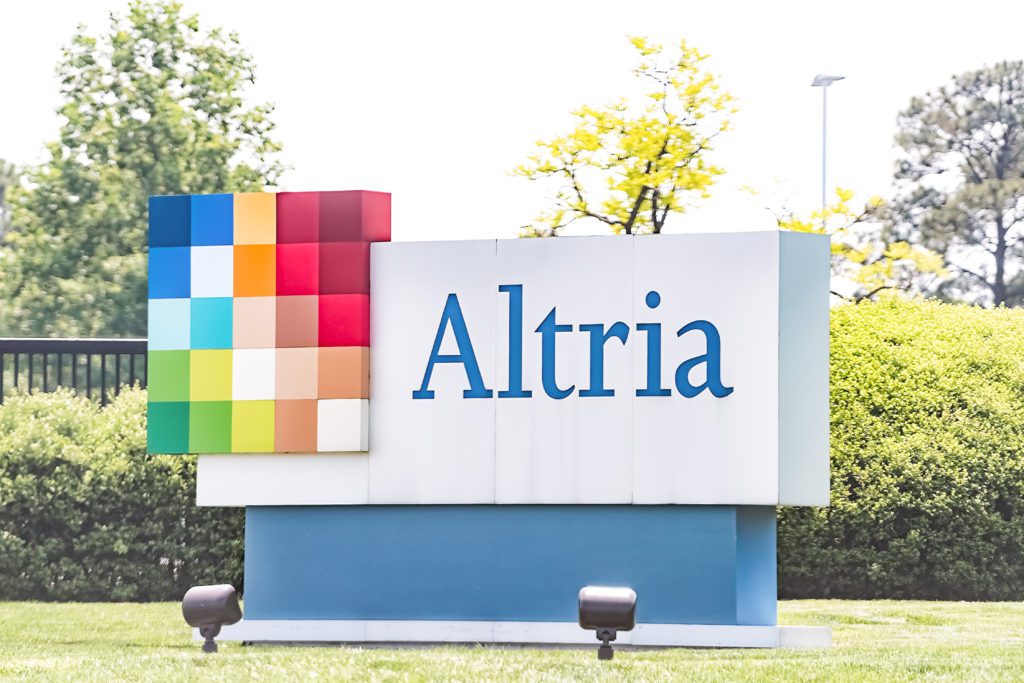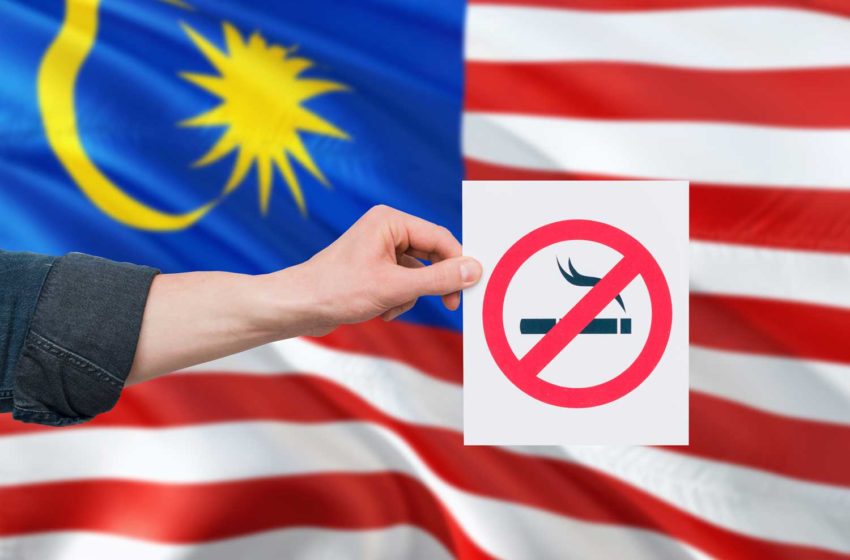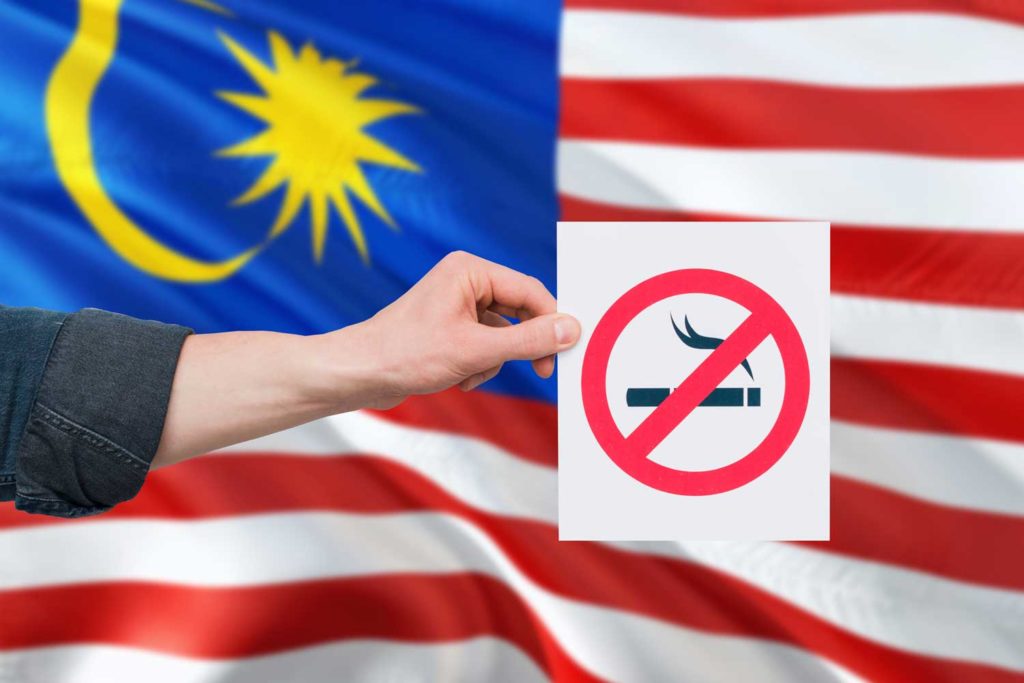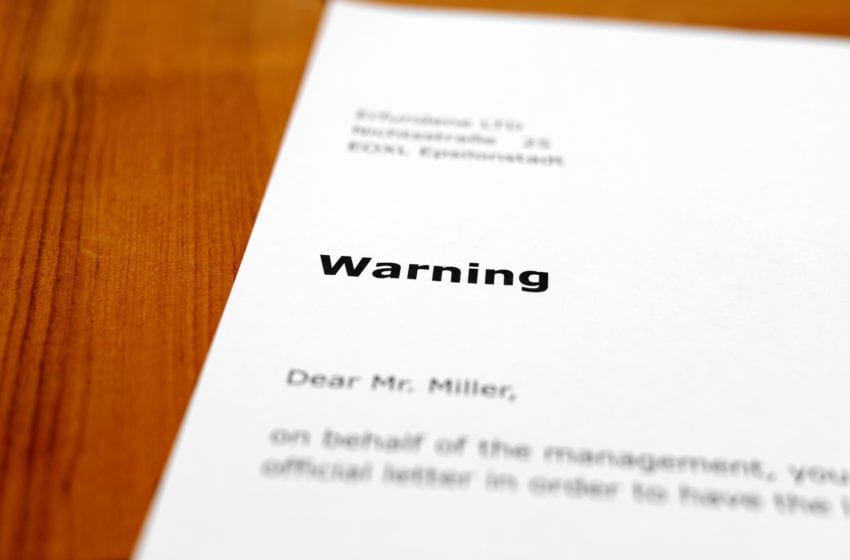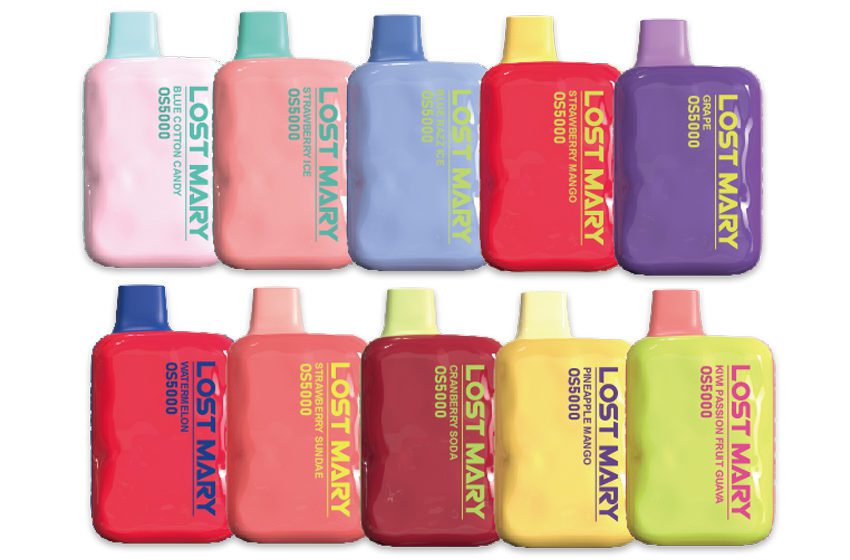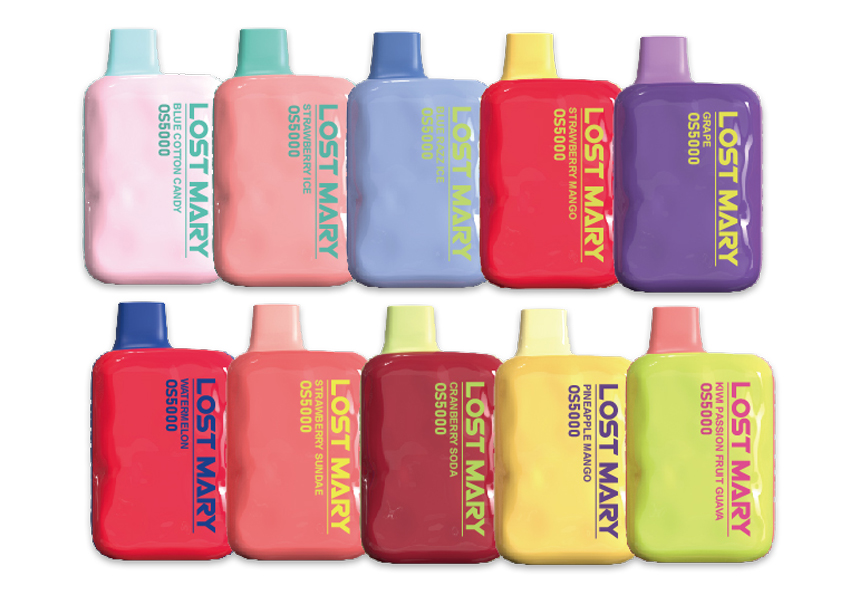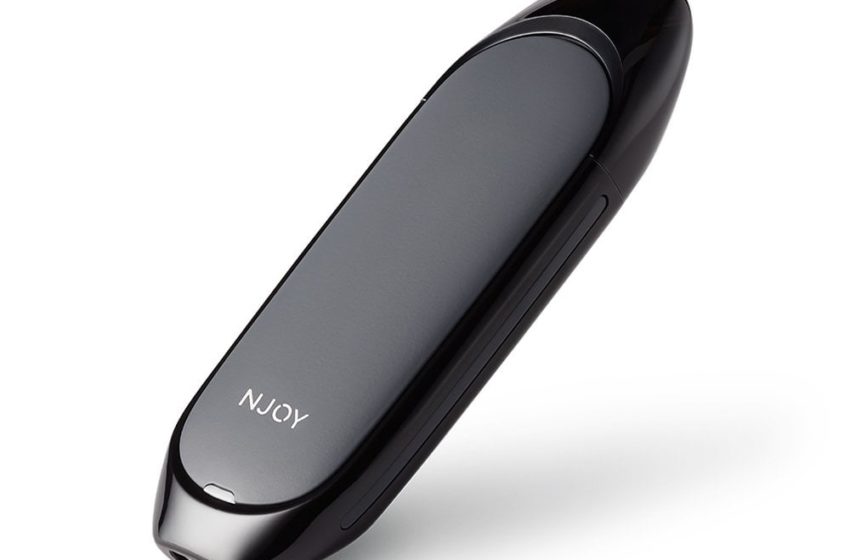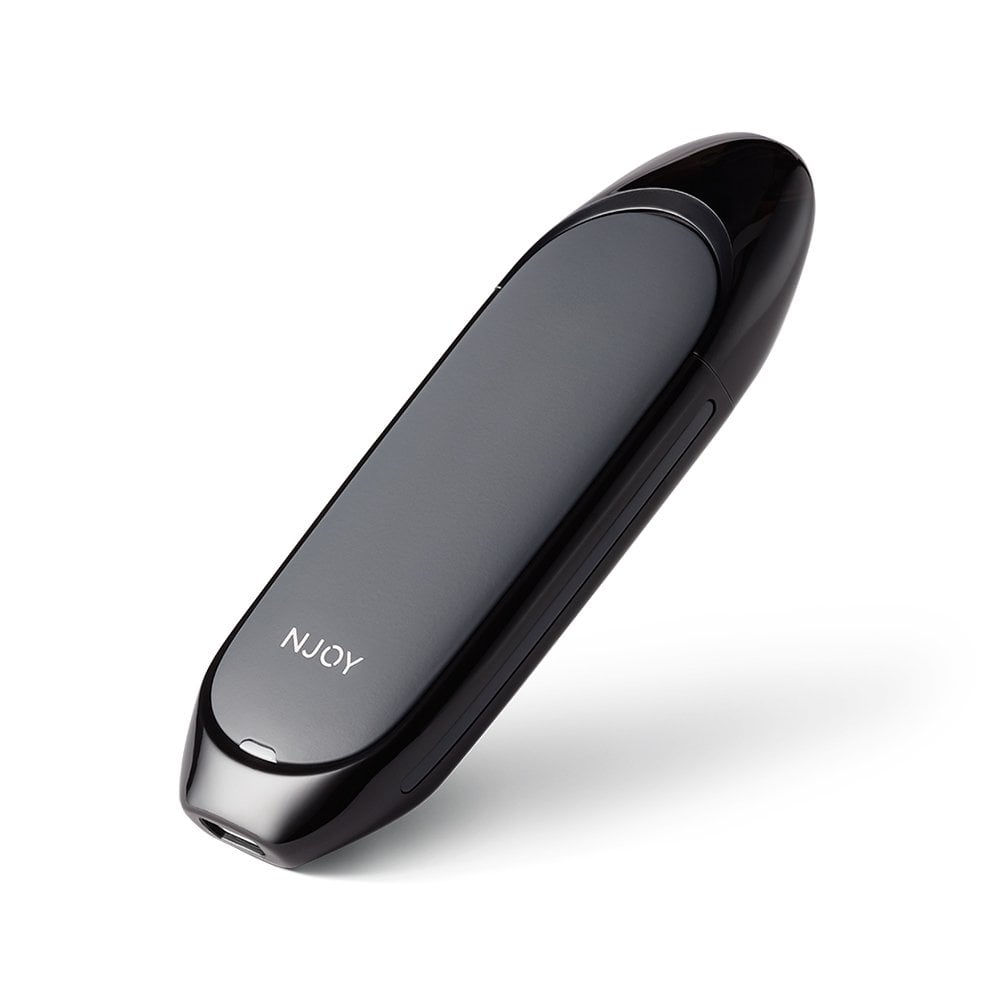
Last year, Alaska’s Gov. Mike Dunleavy vetoed his first bill in office, S.B. 45, which would have increased the minimum age to purchase tobacco products from 19 to 21 years old, bringing it in line with the federal Tobacco 21 standard that was passed in late 2019.
Dunleavy didn’t state whether he supported the minimum purchasing age increase, but the bill would have also introduced a tax of 35 percent of the wholesale price on vaping and e-cigarette products and new taxes were not on the governor’s agenda.
“There were many conversations about what an appropriate level to tax would be, but ultimately a tax increase on the people of Alaska is not something I can support,” Dunleavy wrote in his veto letter to Senate President Peter Micciche.
The sponsor of SB 45 has now introduced a new bill that would do much of the same as the 2022 bill, writes Charlie Minato with Halfwheel.
Alaska Sen. Gary Stevens, has introduced SB 89 alongside Micciche, which would change a number of laws regarding the sale of tobacco and vaping products in Alaska, including:
- Increasing the minimum age to purchase tobacco, nicotine or vaping products from 19- to 21-year-olds.
- Introducing fines of up to $300 for anyone under the age of 21 years olds caught in possession of tobacco, nicotine or vaping products.
- Banning the internet sale of tobacco, nicotine and vaping products except under certain conditions.
- Introducing a tax on vaping products of 25 percent of the wholesale price.
Regarding the internet sales ban, there is an exception made if the sale is “by a retailer who sells primarily cigarettes, cigars, tobacco, products containing tobacco, electronic smoking products, or products containing nicotine and who restricts access to the premises to only those individuals who are 21 years of age or older.”
There are some exceptions. For example, certain vaping products sold at military facilities would not be subject to the new tax on vapor products. That said, the bill also contains language that could make it illegal for a person to ship tobacco products to someone else in Alaska.
The bill’s text seems to indicate that at least one of the parties involved in the shipment—the shipper or the recipient—likely needs to have a tobacco license or meet other special circumstances, if not, the shipment would be deemed illegal.




